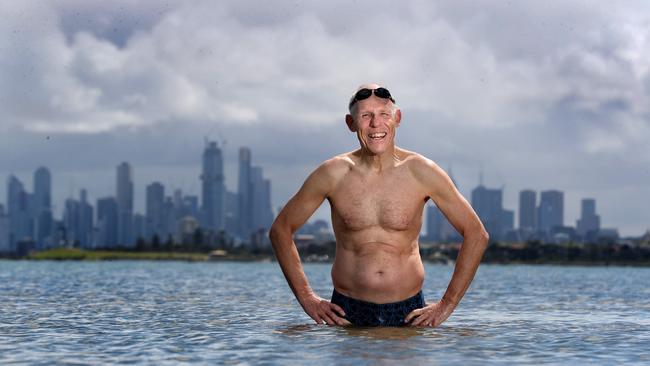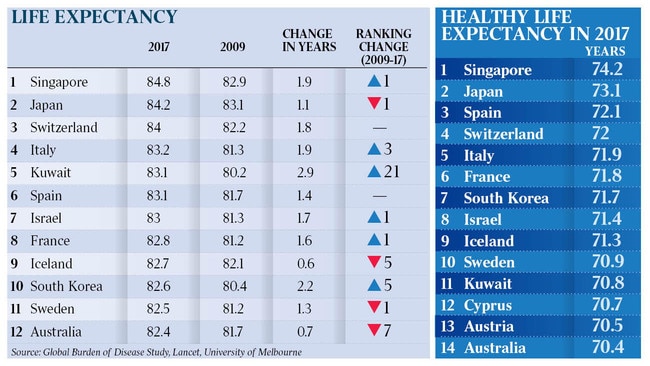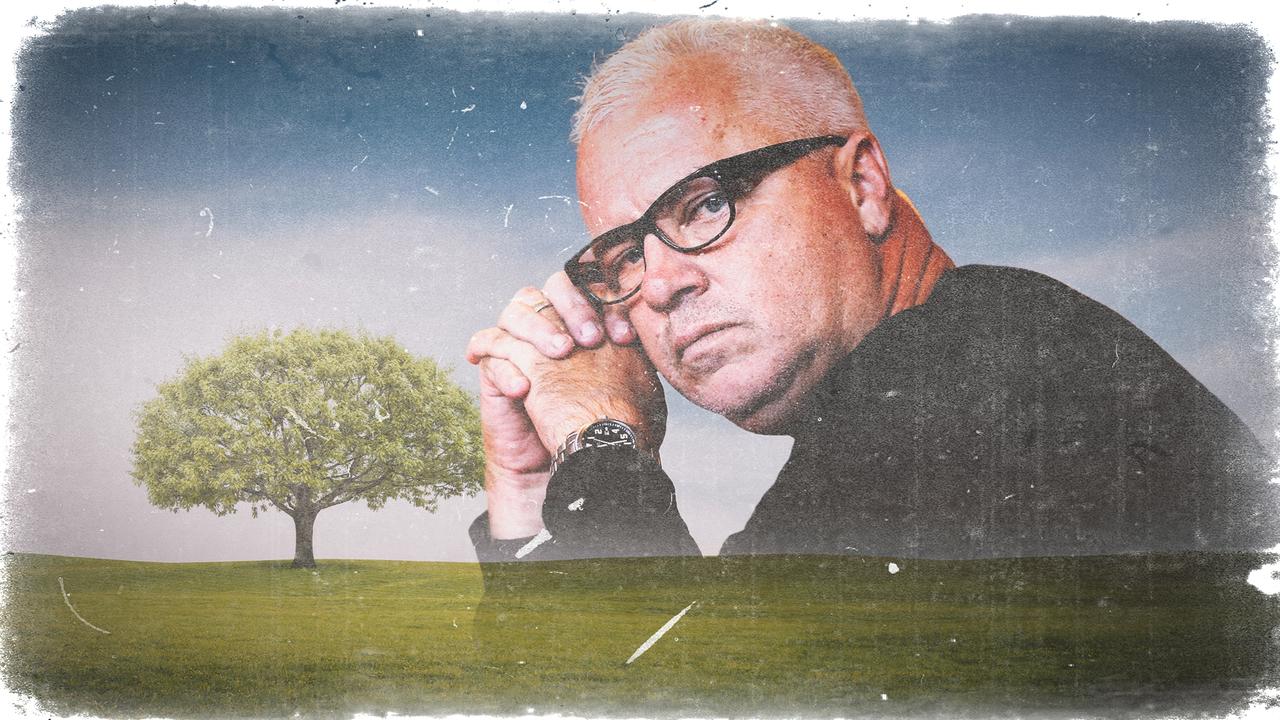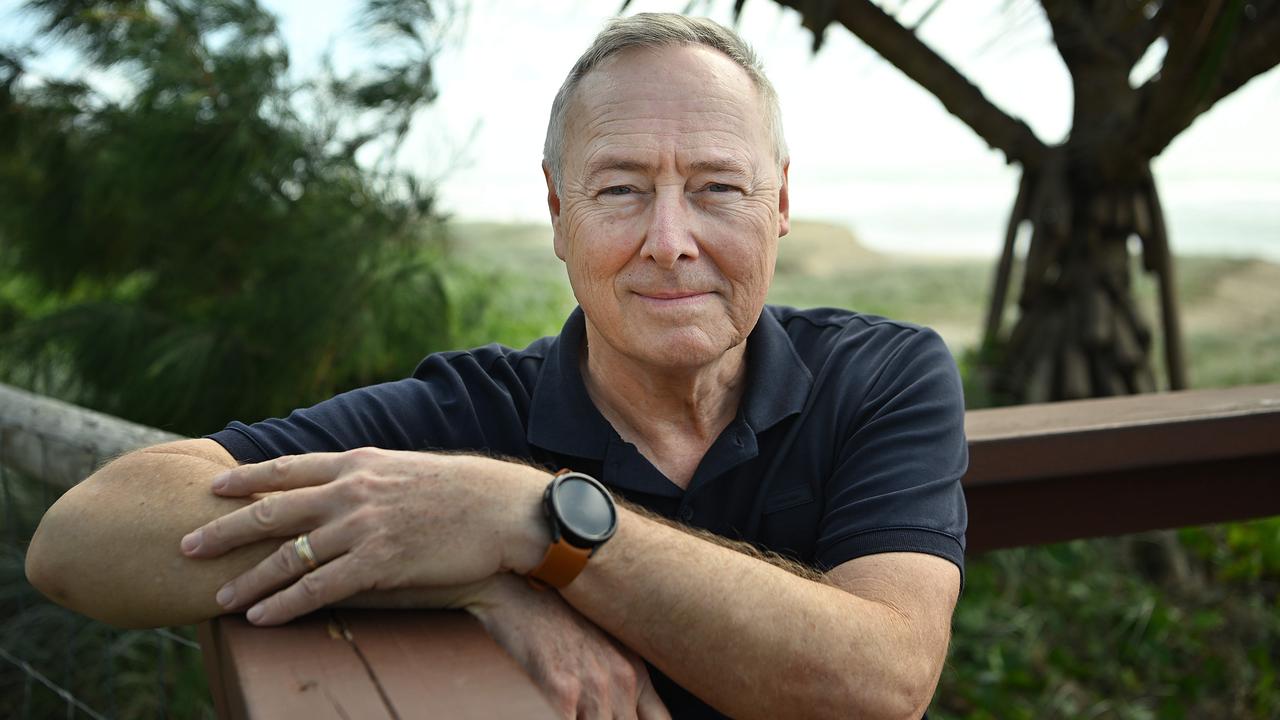Longer lives but late years may not go swimmingly
Of the gains to our life expectancy in the past three decades, a disproportionate amount has been in years of less than full health.

For those planning on leaving their bucket list until later, consider this — while Australian men can expect to live to 80 and women 84, more than a decade of that is likely to be spent in less than full health.
According to the pre-eminent international study of mortality, the Global Burden of Disease Study, the health-adjusted life expectancy for Australian men is just 69 years and for women 71.7 years. And of the gains made to our life expectancy in the past three decades, a disproportionate amount has been in years of less than full health.
“Since 1990, Australia’s life expectancy has increased 5.5 years and of this increase, four years has been in health-adjusted life expectancy,” University of Melbourne population expert Tim Adair told The Weekend Australian.
“This means over one-quarter of the additional years of life gained in recent decades are spent in less than full health.”
The data opens up a wider conversation about how Australians plan to manage the final years of their lives, and when they need to start thinking about it.

Veteran Brighton Iceberger Don Warner, 67, knows his long-term commitment to exercise is improving his future quality of life. He swims two or three times a week in Victoria’s Port Phillip Bay, summer and winter, and sees his routine lasting well into his 80s and hopefully beyond.
“I far prefer swimming in open water,” he said. “It’s not just the challenge of the cold water. There are different conditions every day. It can be completely still or there can be white caps. Variety is the spice of life,” he said.
“I’m so conscious that it’s really important to keep moving,” Mr Warner said. “It doesn’t have to be swimming. Walking is a great activity. And if you can do something in a social setting, even better,” he said.
He said being part of a swimming community was another key to enjoying life to the full. “It’s the pre-swim, the banter, getting ready, the encouragement, then afterwards we’ll have a coffee or breakfast at the cafe. All that is really a strong bonding time. It’s really important,” Mr Warner said.
As is a sense of purpose. Mr Warner has written a book about the Icebergers, and says his next project, a book about the history of ocean swims in Victoria, will keep him busy for the next two years.
National Seniors spokesman Ian Henschke said too many Australians had become complacent about how they saw their remaining years panning out. “We keep hearing about this improving life expectancy and that we’re all going to live well into our 80s and beyond, but we tend to think we will be bulletproof until the end,” he said.
“When you think your actual number of years spent in good health is more like 70 rather than over 80, it should give you pause to stop and think, to reset your horizons about what you want to do and how you are looking after yourself, no matter your age now.”
Ageing advocacy group COTA Australia chief executive Ian Yates said planning for the last 10 years of life involved more than just thinking about health.
“Most people do not forward plan and think about these issues, so they can get caught out, particularly if they have limited resources,” Mr Yates said. “For example, in particular, not thinking about later-life housing. Will my house be adaptable if I acquire a physical disability? Will my superannuation planning allow me enough money if later in my retirement I develop needs that require support and care?” he said.
Australia’s overall life expectancy, currently 82.4 for all Australians, is tumbling down the global life expectancy rankings, slumping seven places to 12th in less than a decade. And our health-adjusted life expectancy of 70.4 sits at 14th in the world, well behind Singapore (74.2) and Japan (73.1).
“In the past 15 years, Australia’s increase in life expectancy for males was ranked only 19th of 27 high-income countries, and for females only 22nd,” Dr Adair said.
“Australia’s life expectancy should continue to grow, but significantly more slowly than in recent decades and more slowly than in most other comparable countries. It is likely more countries will move ahead of Australia on the life expectancy rankings,” he said.
Dr Adair said lifestyle factors were behind Australia’s life expectancy slowdown. “It is very likely that obesity is having some impact on slowing life expectancy increases in Australia due to its impact on cardiovascular diseases, and will continue to do so in the future.”




To join the conversation, please log in. Don't have an account? Register
Join the conversation, you are commenting as Logout